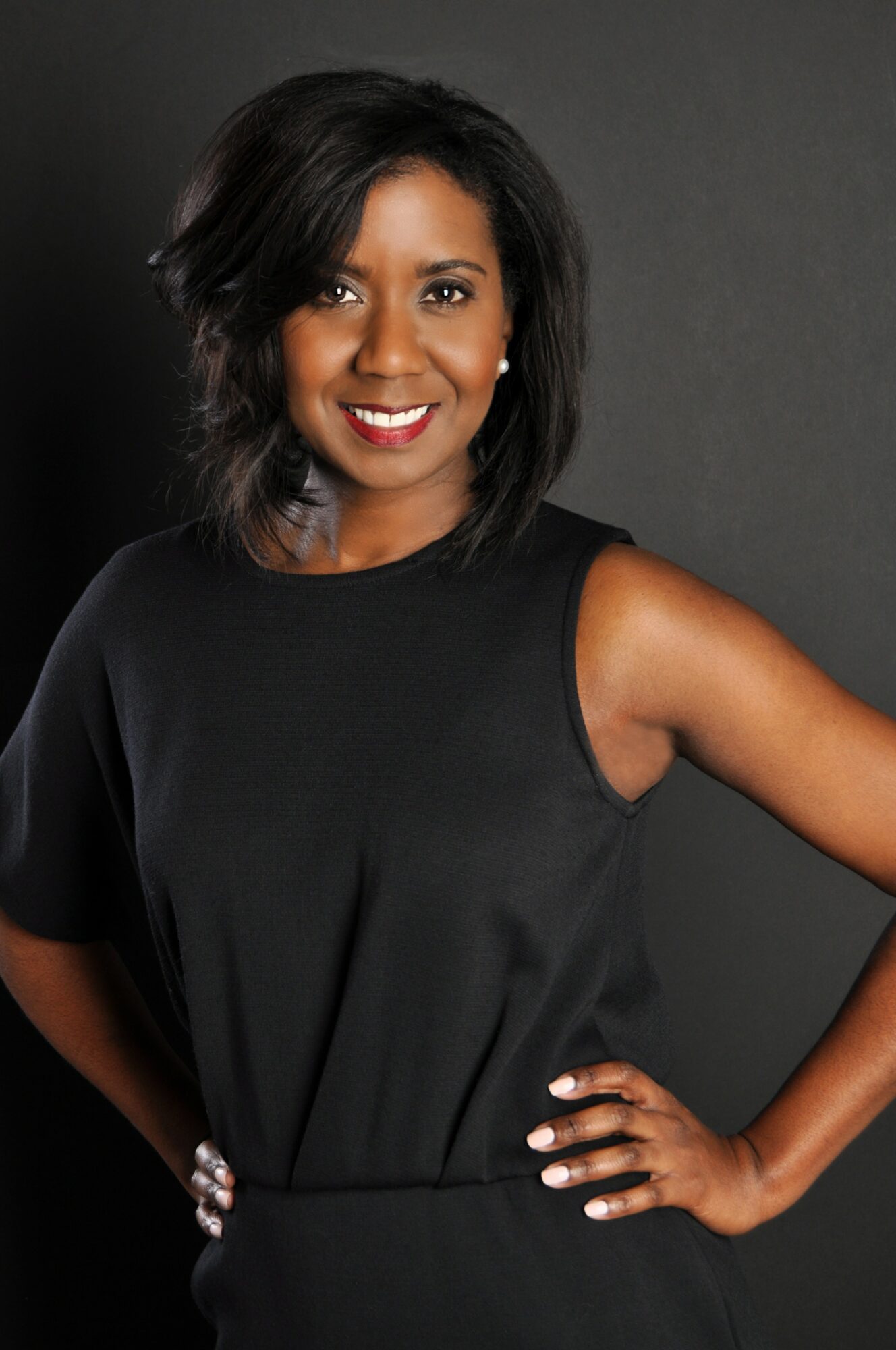

We’re looking forward to introducing you to Dr. NIkki Lanier. Check out our conversation below.
NIkki, really appreciate you sharing your stories and insights with us. The world would have so much more understanding and empathy if we all were a bit more open about our stories and how they have helped shaped our journey and worldview. Let’s jump in with a fun one: What is something outside of work that is bringing you joy lately?
Lately, I’ve found so much joy in a new hobby—floral arranging inspired by scripture. I started an Instagram page called Scriptured Blooms where I pair arrangements I design with passages from the Bible that speak to me. It’s become a form of devotion and creativity all at once—slowing down, working with my hands, and letting God’s word guide the beauty I try to create. It’s a reminder that He is the ultimate designer, and I’m just borrowing a little of His artistry to share encouragement with others.
Can you briefly introduce yourself and share what makes you or your brand unique?
I’m Nikki Lanier, CEO of Harper Slade, a workplace equity advisory firm that helps organizations think differently about inclusion—not as a side initiative, but as a business imperative and a matter of long-term economic survival. Before launching Harper Slade, I spent 25 years across industries as an HR executive, employment attorney, and most recently as a Senior Vice President with the Federal Reserve Bank. That breadth of experience gives me a wide lens on how leaders, policies, and economies intersect with human potential.
What makes Harper Slade unique is that we approach equity work not just as a moral good, but as a strategic necessity. By 2045, America will be a majority-minority nation, and companies that don’t prepare for that demographic and economic reality will struggle. My work is about equipping leaders to navigate that shift with courage and clarity.
Right now, I’m especially excited about my recently released workbook, *Uncommon Ground*, which helps parents—particularly white mothers—raise children who are racially fluent and able to thrive across lines of difference. It’s deeply personal work for me because I believe the seeds of equity are sown in our homes long before they show up in our boardrooms.
At the end of the day, my brand is about grace, connection, clarity, and courage—helping people see that equity is not a burden to bear but an opportunity to build a stronger, more flourishing society.
Great, so let’s dive into your journey a bit more. Who taught you the most about work?
My father taught me the most about work. He didn’t just model a strong work ethic—he modeled pride, discipline, and dignity in whatever task was before him. Beyond that, his work in civil rights and community building shaped me profoundly. He was a consummate connector—gregarious, welcoming, and intentional about forging deep connections across lines of difference. Both in style and in substance, how he worked and what he worked on influenced me. He showed me that work is not just about earning a living; it’s about expanding opportunity, creating belonging, and using your gifts to make life better for others.
When did you last change your mind about something important?
I recently changed my mind about how I think of balance and rest as a business owner. For a long time, I believed the prevailing narrative—that to grow something meaningful, especially a new business, I had to grind nonstop, work nights and weekends, and normalize exhaustion as part of the journey. But God has been teaching me something different.
If I’m truly building a business rooted in His principles, then I have to recognize there’s work that is mine and work that is His. My job is to sow seeds faithfully; His job is the harvest. When I start believing both responsibilities rest on me, I push myself into an unhealthy, almost idolatrous state of control. Shifting my mindset has freed me to honor the Sabbath, embrace rest, and trust God with outcomes. That change has not only deepened my faith but also made me a more grounded and sustainable leader. It’s also given me greater joy and peace with my work which, given the subject matter and the climate of our country, is a blessing beyond measure.
Next, maybe we can discuss some of your foundational philosophies and views? What’s a belief or project you’re committed to, no matter how long it takes?
I am deeply committed to advancing racial equity and preparing this country for the demographic realities of 2045, when the United States will become a majority-minority nation. What I talk about isn’t optional—it *must* be true by then. If we don’t make courageous changes now, we risk sliding into the inevitability of an American apartheid, where economic and political power remain locked in the hands of a shrinking minority while the majority is excluded from access and opportunity.
Through my firm, Harper Slade, I work with organizations to confront that urgency—helping leaders understand that equity is not charity or compliance, but a business and economic imperative. I also founded the RAARE Woman Collective, a community of women equipping themselves with the courage, language, and strategies to become disciplined advocates for equity in every space they inhabit. And with my forthcoming book, *Uncommon Ground*, I’m working with parents—particularly white mothers—to raise children who are racially fluent and equipped to thrive across lines of difference.
Even if I never see the full harvest, I’m committed to planting these seeds. Because this work is not about short-term wins—it’s about stewarding the future of our nation, ensuring that justice, equity, and belonging are woven into the fabric of who we are.
Thank you so much for all of your openness so far. Maybe we can close with a future oriented question. What do you understand deeply that most people don’t?
I deeply understand that equity work isn’t primarily about changing behaviors—it’s about transforming beliefs. The beliefs-over-behavior theory shows that people’s actions will always flow from what they truly believe, not from rules, training, or incentives. Most organizations and leaders focus on compliance or “doing the right thing,” but until the underlying beliefs about the value of Black and Brown people shift, meaningful change won’t stick.
We also believe that the fight against racism—or any “ism”—should never be framed as a fight against a person, a political party, a race, or a gender. The common foe is a belief system, not an individual or group. Equity and inclusion work succeeds only when it is approached strategically, not emotionally. Grace is central to that strategy. It isn’t about being nice—it’s a deliberate approach that acknowledges the default narratives we’ve all absorbed about the value of Black and Brown people, and it allows us to lead with both conviction, relatability and effectiveness.
This is the difference between virtue signaling and disciplined advocacy. When we center beliefs, strategy, and grace, we can make lasting impact without making the work feel like a personal battle.
Contact Info:
- Website: https://www.nikkilanier.com/
- Instagram: https://www.instagram.com/drnikkilanier/
- Linkedin: https://www.linkedin.com/in/dr-nikki-r-6a106a8/
- Youtube: https://www.youtube.com/@harpersladeadv
- Other: https://www.raarewomancollective.com/
https://www.harperslade.com/
https://advocacyinactionhub.com/advocacy-in-action-5373
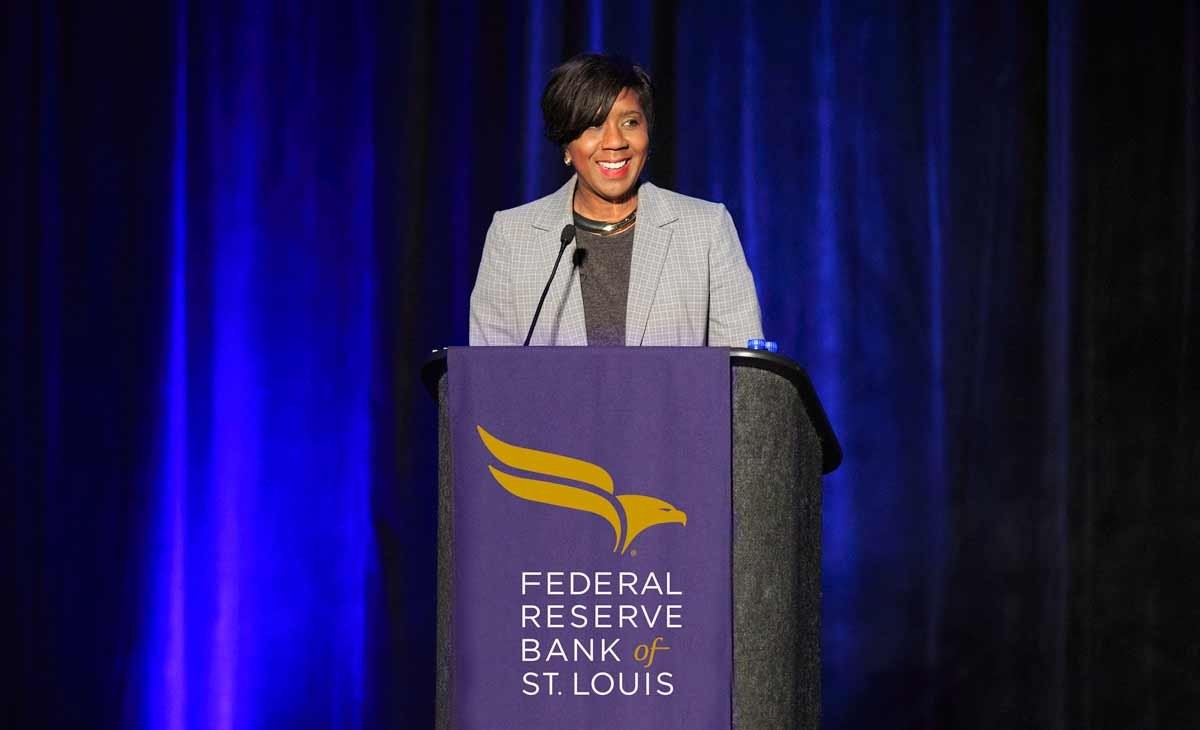
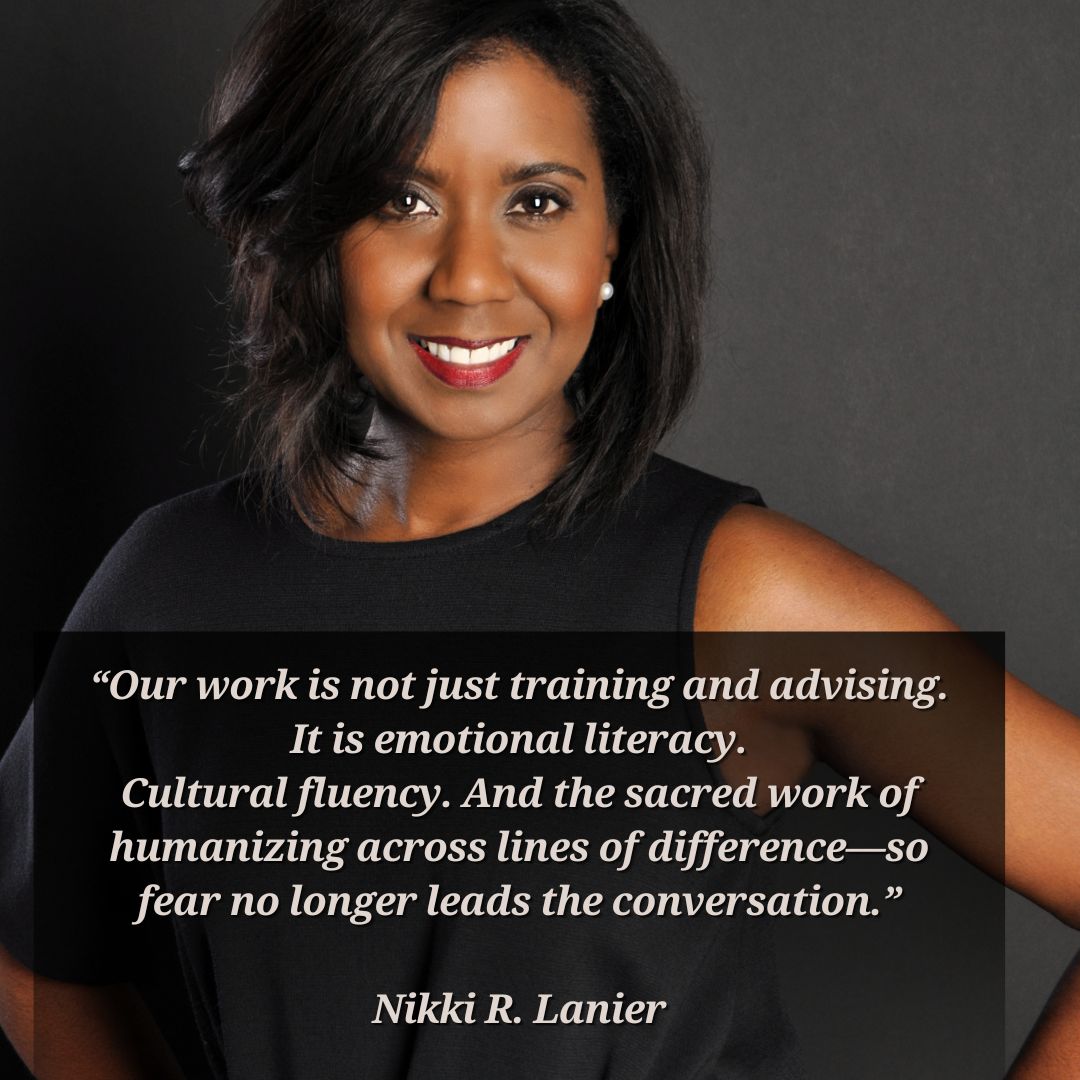
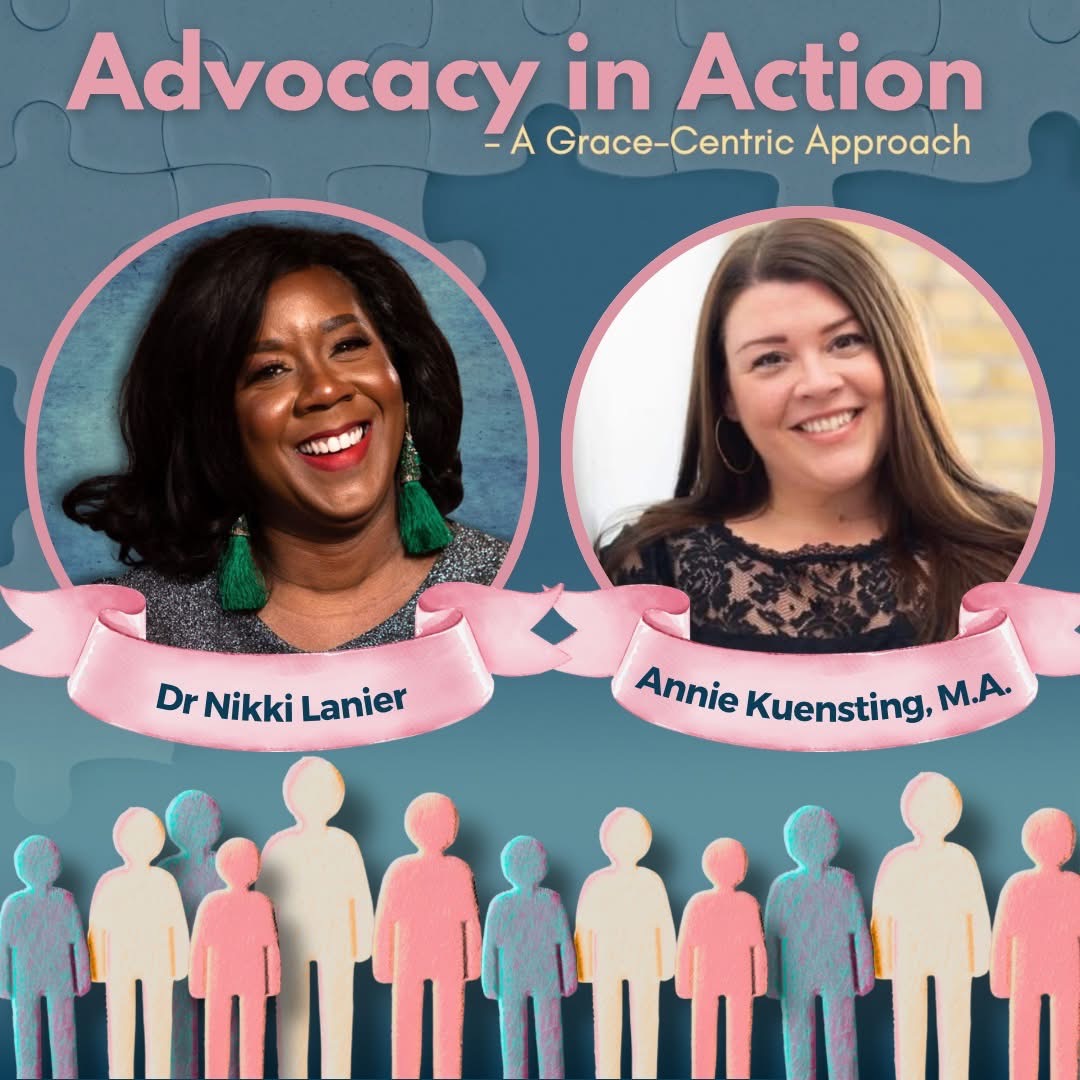
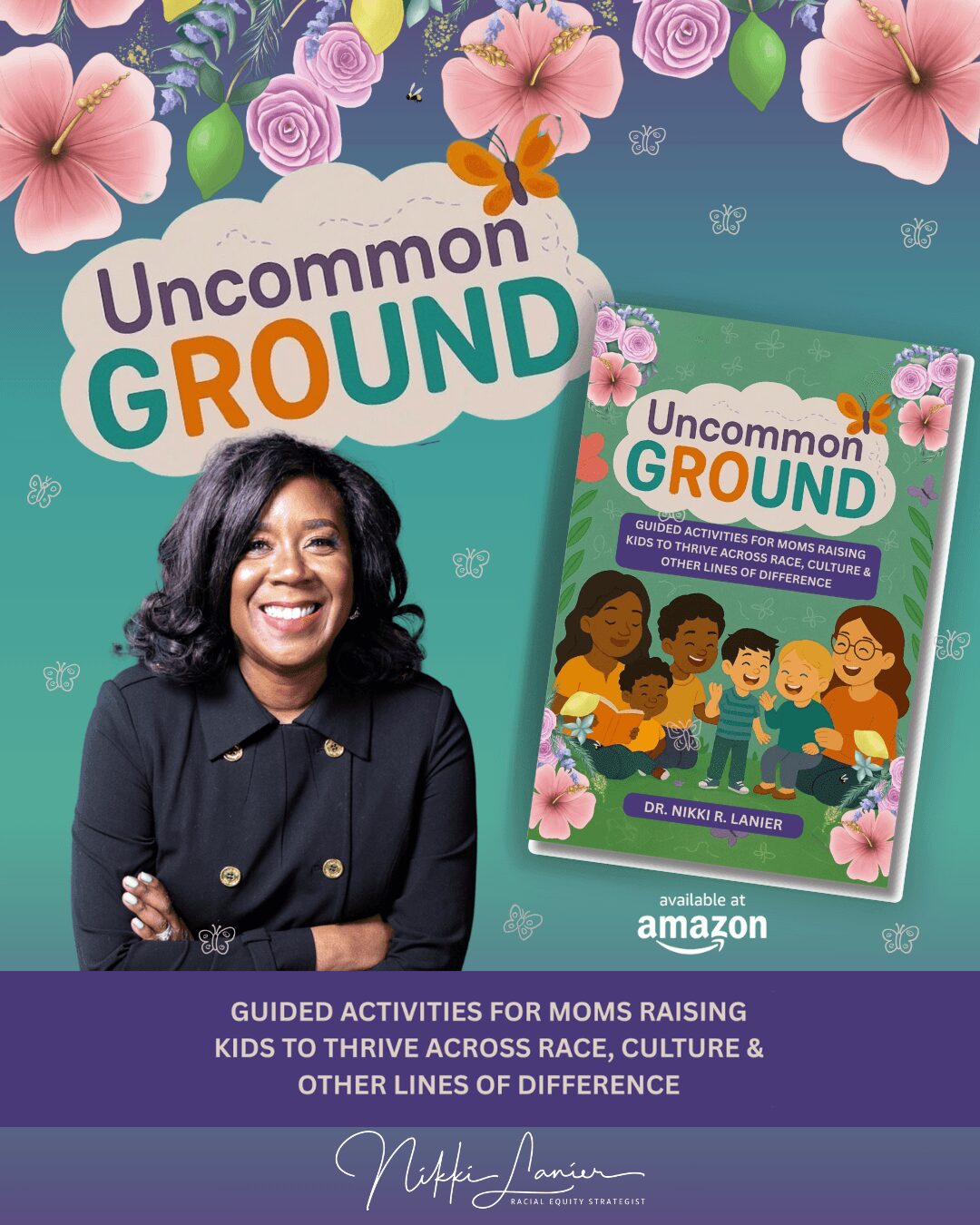
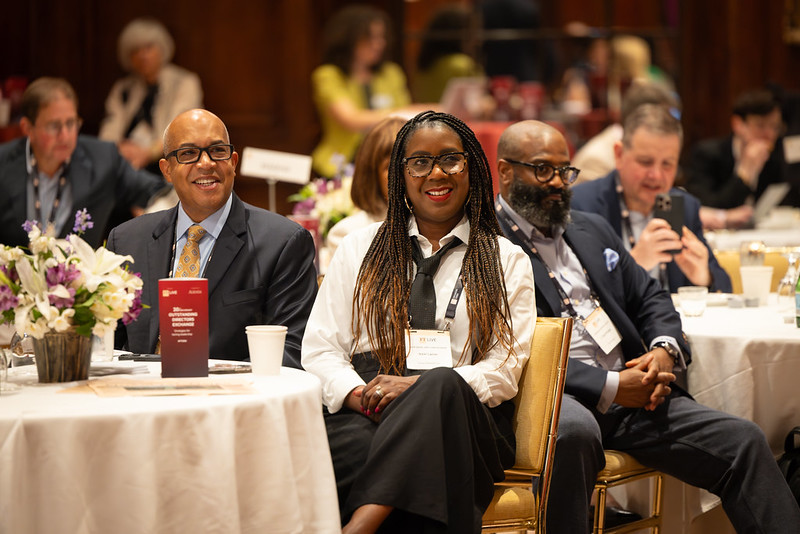
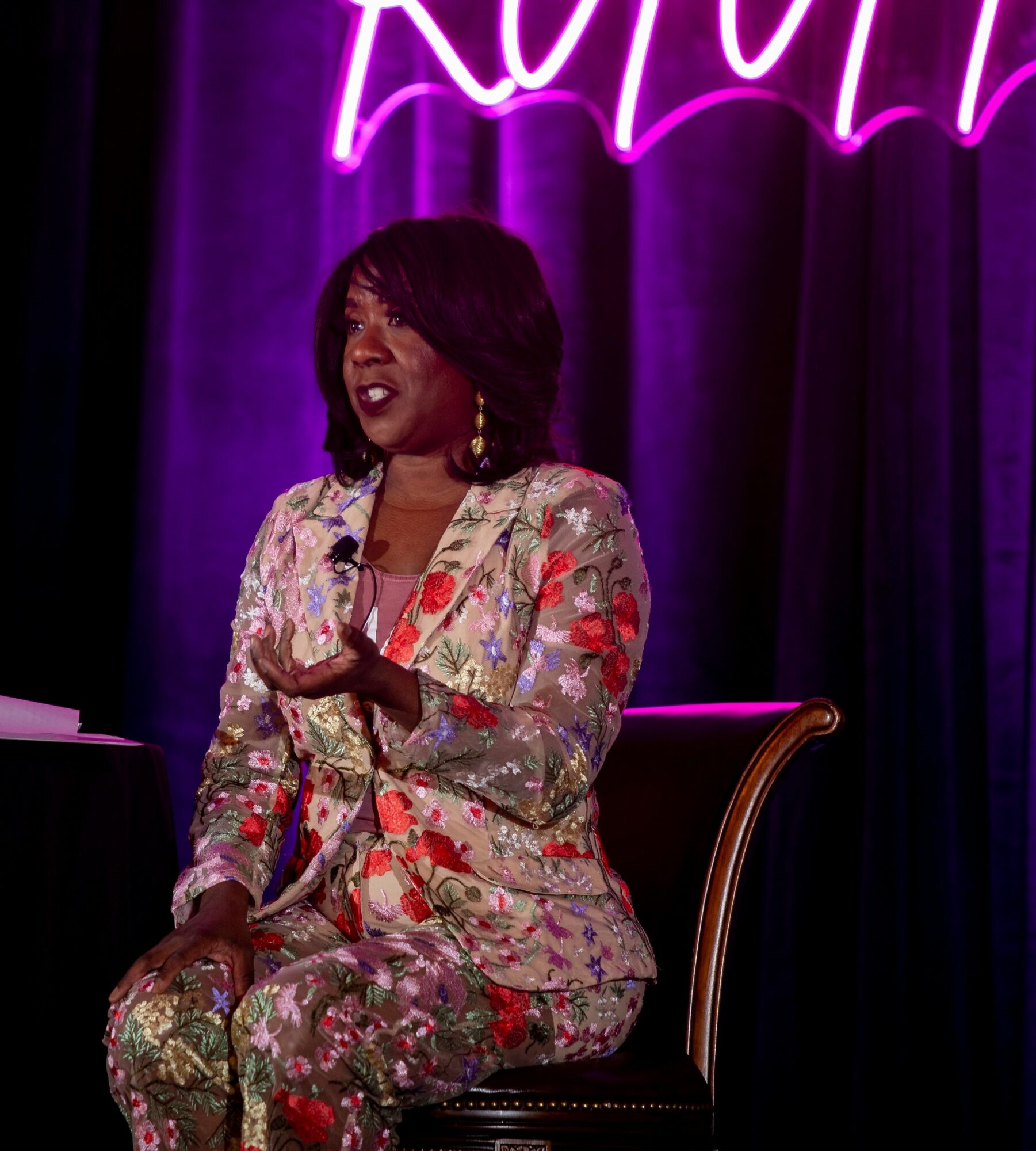
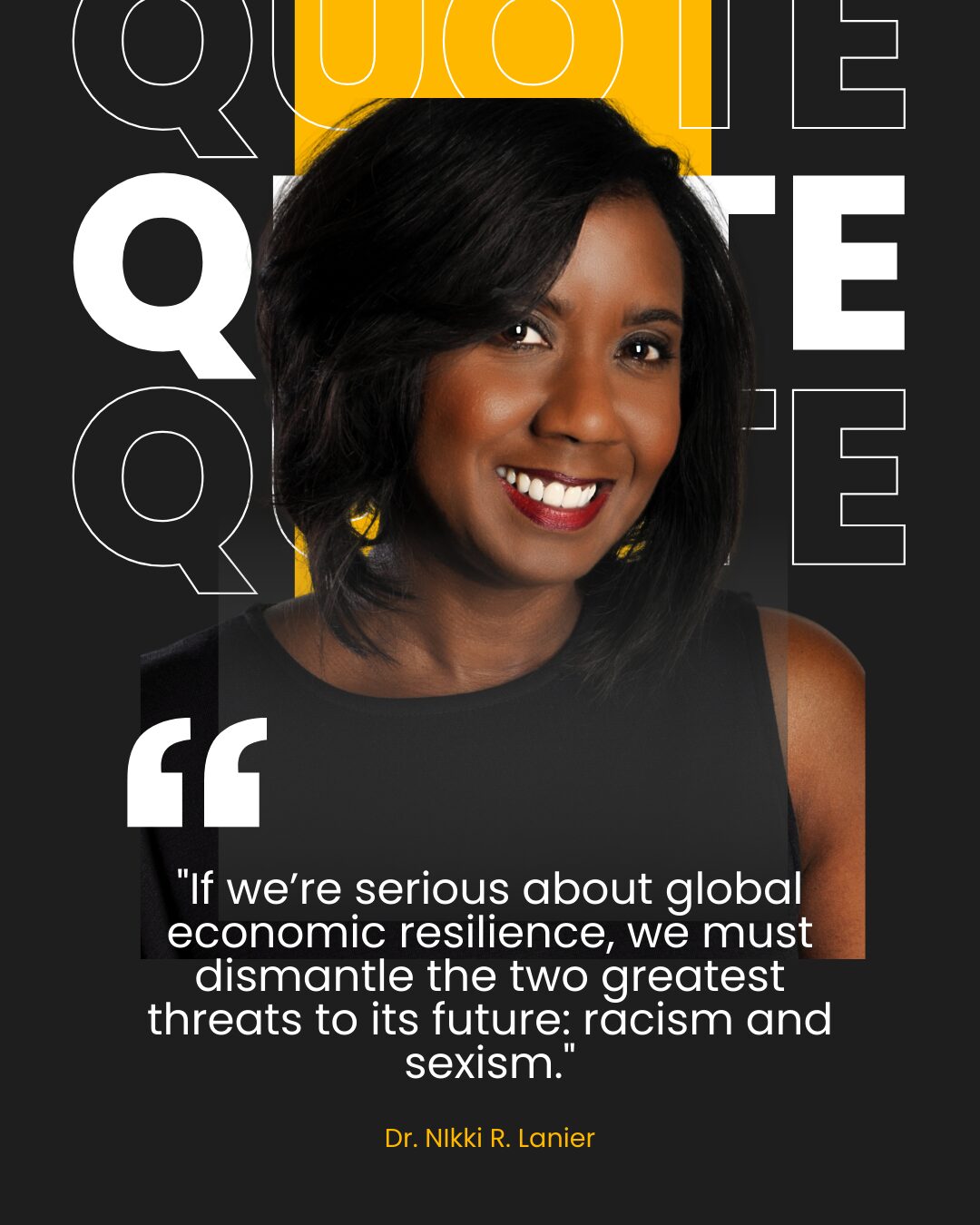
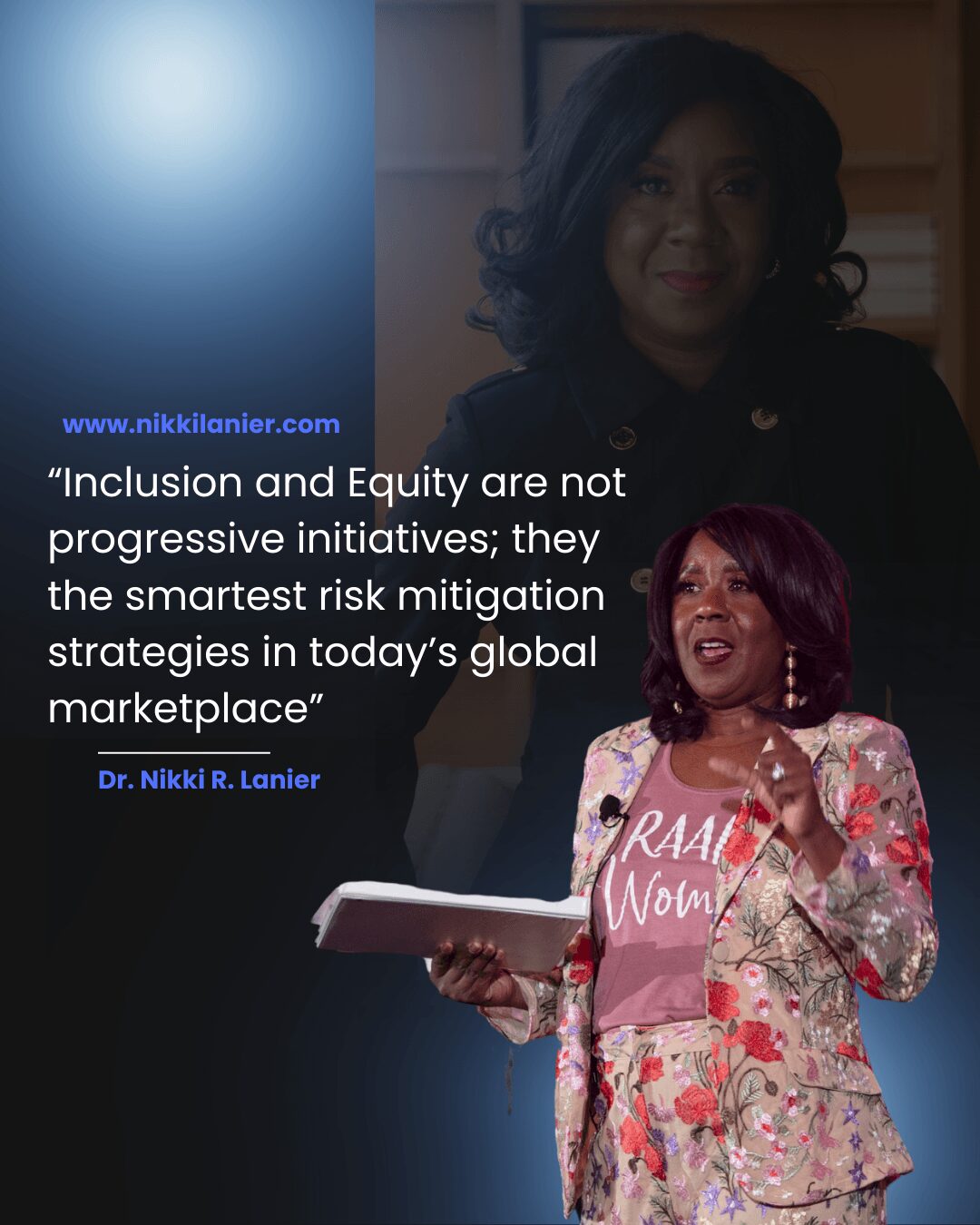
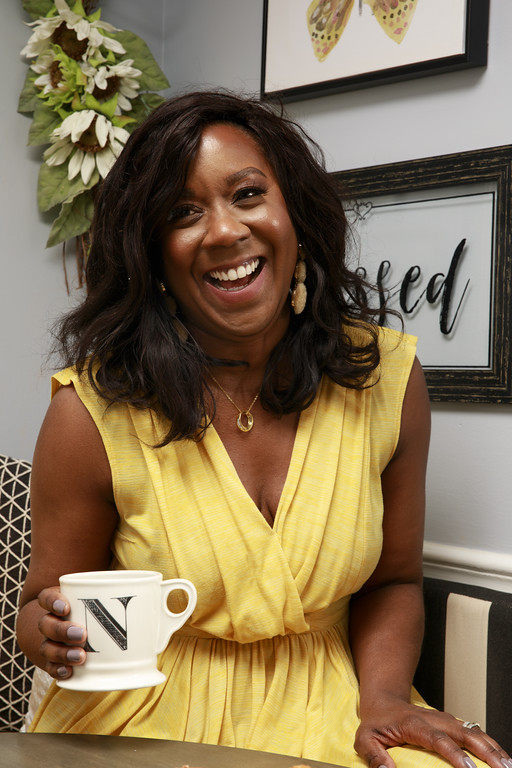
Image Credits
Miguel Hampton













